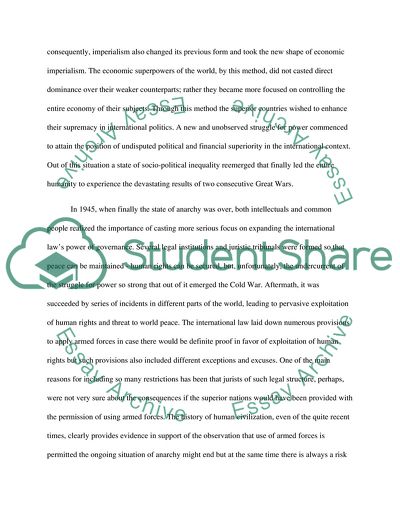Cite this document
(Public International Law in the Context of Politics and Morals Case Study, n.d.)
Public International Law in the Context of Politics and Morals Case Study. Retrieved from https://studentshare.org/law/1736995-public-international-law
Public International Law in the Context of Politics and Morals Case Study. Retrieved from https://studentshare.org/law/1736995-public-international-law
(Public International Law in the Context of Politics and Morals Case Study)
Public International Law in the Context of Politics and Morals Case Study. https://studentshare.org/law/1736995-public-international-law.
Public International Law in the Context of Politics and Morals Case Study. https://studentshare.org/law/1736995-public-international-law.
“Public International Law in the Context of Politics and Morals Case Study”, n.d. https://studentshare.org/law/1736995-public-international-law.


